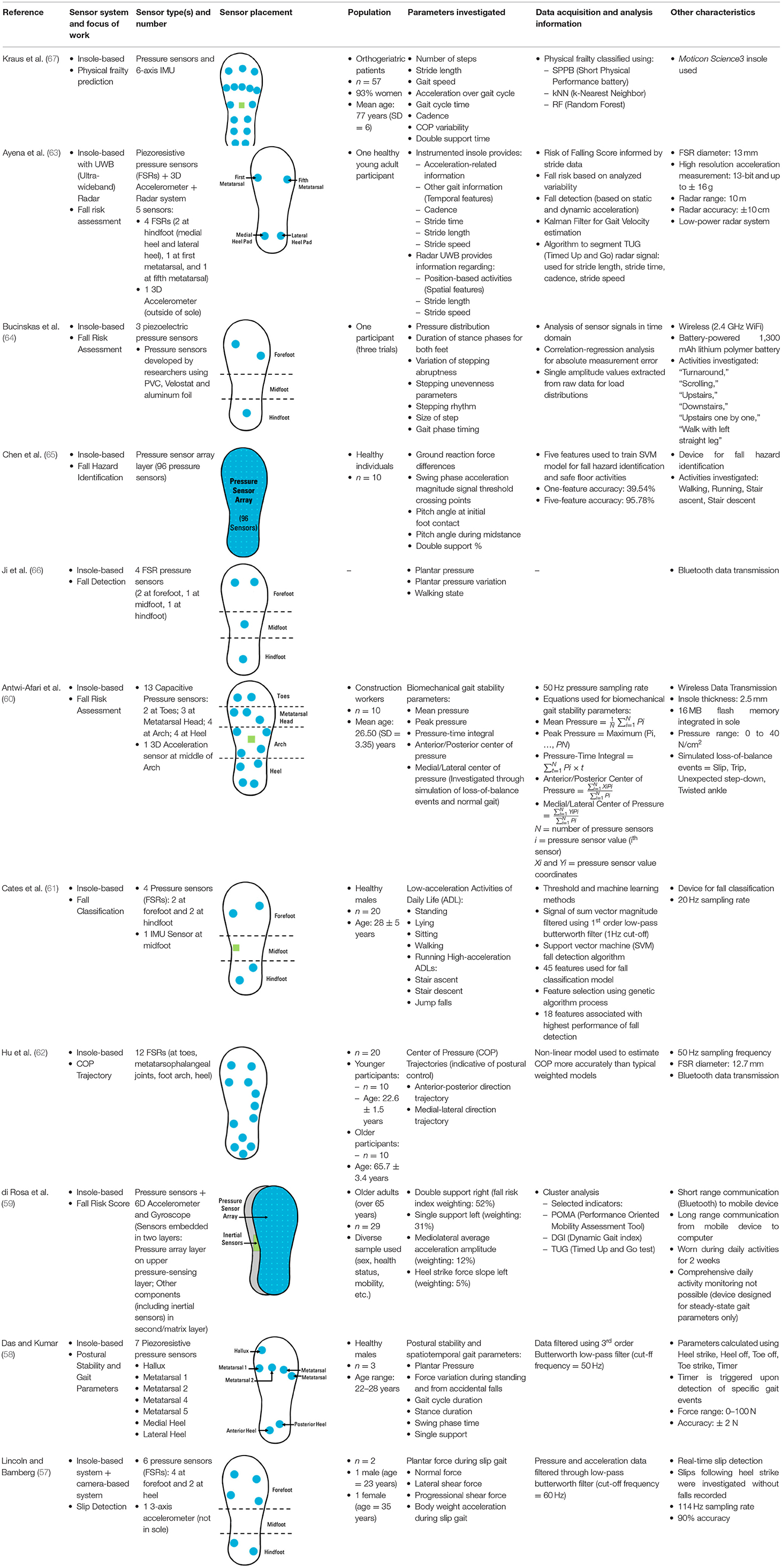Dementia Fall Risk Fundamentals Explained
Dementia Fall Risk Fundamentals Explained
Blog Article
The 6-Second Trick For Dementia Fall Risk
Table of Contents6 Simple Techniques For Dementia Fall RiskDementia Fall Risk for DummiesDementia Fall Risk - QuestionsTop Guidelines Of Dementia Fall RiskNot known Facts About Dementia Fall Risk
However, based upon indications and signs and symptoms, such as evidence of head injury or a new focal neurologic shortage, computed tomography or MRI of the brain may be suggested - Dementia Fall Risk. An evaluation for sources of syncope need to be carried out just if there is solid suspicion, as in the instance of frequent, unexplained drops
Healthcare carriers utilize a fall threat analysis to determine your risk variables for dropping and make handy referrals. A loss danger assessment is important due to the fact that knowing which elements increase your possibilities of dropping helps you: Lessen your risk of falling or injuring yourself.
Maximize your ability to relocate and be energetic. Keep a healthy and balanced, independent life. All adults 65 years and older ought to have a preliminary fall risk screening. Your doctor might ask you whether you: Feeling unsteady when standing or strolling. Have fallen in the previous year. Worry about dropping. If you answer yes to any of these concerns, your health care copyright will certainly recommend an additional, extra thorough assessment.
The Facts About Dementia Fall Risk Revealed

Explore this detailed nursing care plan and management overview to effectively avoid risk for drops among individuals. Get vital understanding concerning the nursing assessment, nursing diagnosis, and objectives particularly customized to patients that go to risk for falls. A is defined as an occasion that leads to a person coming to rest inadvertently on the ground or floor or other reduced level (THAT, 2021).
According to the Centers for Condition Control and Prevention (CDC),, creating over 34,000 fatalities for that age team. Falling is the second leading cause of death from unintended injuries internationally. Death from falls is a severe and endemic issue among older individuals. It is estimated that loss fatality rates in the U.S

Yearly, over 800,000 individuals are hospitalized as a result of falls. Registered nurses play a significant duty in stopping succumbs to their patients through education, reviewing autumn threat, creating much safer environments, and providing interventions in stopping injuries from drops. Numerous risk aspects and problems contribute to falls, consisting of the following:. Aged 65 years and older; reduced arm or leg prosthesis; usage of assistive devices such as pedestrian, crane, and mobility device; living alone.
Autumns are due to numerous variables, and an all natural method to the individual and environment is essential. Mean a person is considered at high risk for falls after the testing.
Some Known Factual Statements About Dementia Fall Risk
A calls for utilizing a verified tool that scientists have actually taken a look at to be beneficial in calling the reasons of falls in an individual. The degree of fall risk can be established using the evaluation of intrinsic and external elements.
Individuals are much more most likely to drop once more if they have actually sustained one or more falls in the past 6 months. The older populace is at raised risk of fall-related readmissions based on a research study recognizing the factors predictive of repeat drops associated results (Prabhakaran et al., 2020).
In addition, complication and impaired judgment enhance the patient's possibility of falling. The capacity of people to protect themselves from navigate to these guys falls is affected by such variables as age and development. Older individuals with weak muscle mass are most likely to drop than those who maintain muscle toughness, versatility, and endurance. These modifications include minimized visual function, impaired shade understanding, change in center of gravity, unstable stride, reduced muscle toughness, decreased endurance, modified deepness perception, and postponed response and response times.
Things about Dementia Fall Risk
Much less comparison sensitivity was quite related to both increased prices of falls and other injuries, while decreased visual acuity was only connected with increased i loved this loss price (Timber et al., 2011). Sensory assumption of ecological stimuli is vital to security. Vision and hearing impairment limitation the client's ability to regard risks in the surroundings.
Older adults who have inadequate balance or difficulty walking are more probable to fall. These troubles may be linked with lack of exercise or a neurological cause, joint inflammation, or various other clinical problems and therapies. An important risk element highlighted in a study is that grownups with rheumatoid arthritis are at high threat of falls, consisting of puffy and tender lower extremity joints, tiredness, and usage of psychotropic medicines (Stanmore et al., 2013).
Report this page